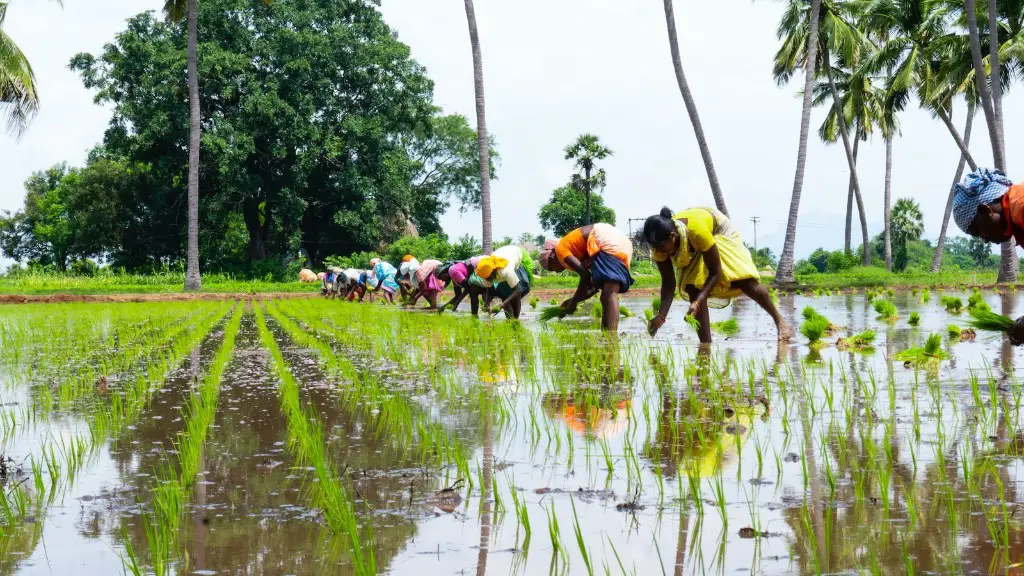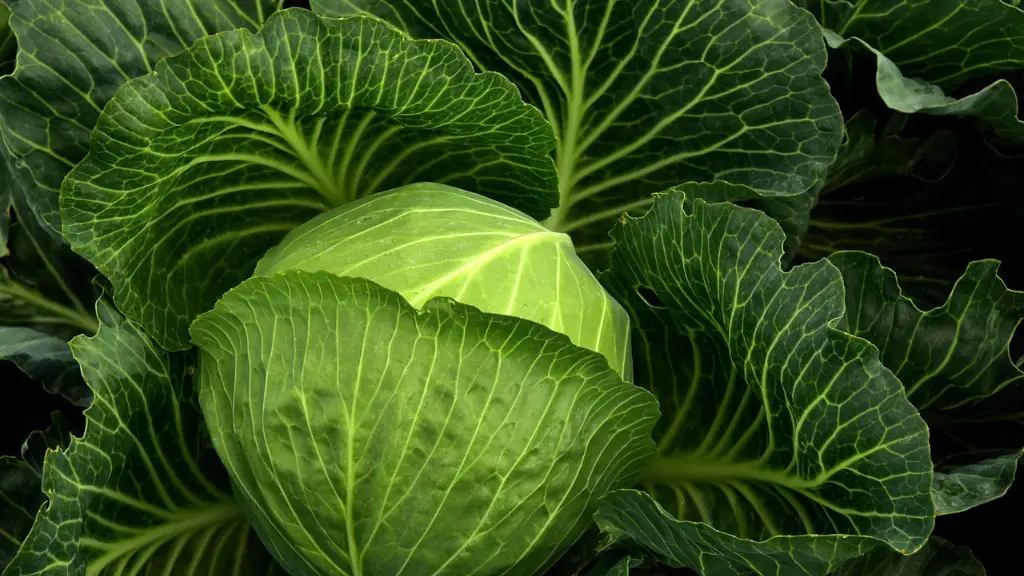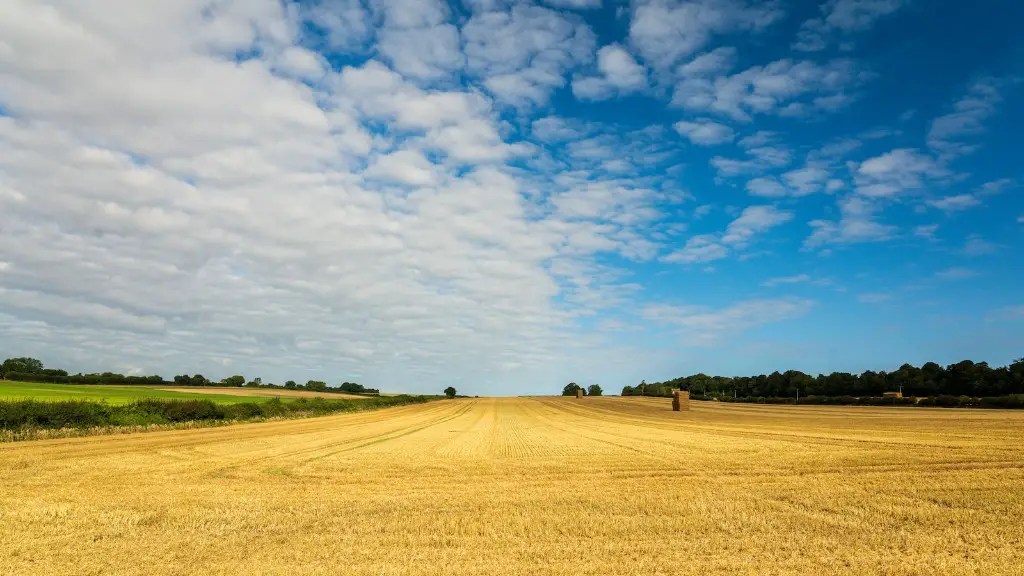Agriculture is one of the biggest sectors of the economy and provides a variety of career opportunities for students to explore. From agronomy to zoology, there are a wide range of potential roles and career paths available. With more and more jobs in the agricultural industry being created each year, the opportunities for those looking to enter this career field are continually growing. According to the U.S. Bureau of Labor Statistics, there are nearly a million people employed in agriculture-related occupations, with the number of positions projected to keep growing.
The agriculture industry offers a diverse array of careers, such as agricultural engineers, agricultural technicians, animal nutritionists, crop advisors, and soil biologists. Depending on the role, workers in agriculture may be responsible for everything from managing farms and inspecting crops to developing food safety protocols and conducting research. Regardless of the occupation, agricultural jobs typically require direct contact with the land, animals, or plants, as well as close monitoring of production processes.
In addition to the traditional jobs in agriculture, there are increasingly more roles available in technology-focused areas. Agricultural technology is growing in popularity as a career choice, as technology plays a larger role in modern farming practices. These roles can extend to food storage and transportation, data collection, soil and water conservation, and farm management, among others.
The educational requirements for a career in agriculture can vary depending on the role and the type of institution. Generally, those interested in positions in the agricultural industry should pursue degrees and/or certifications in areas such as agronomy, horticulture, food science and technology, and animal sciences. Students may also be expected to participate in internships or field experiences to develop relevant skills.
It is estimated that the agricultural industry is projected to provide close to one million job openings by 2026. This is a significant increase from previous years, highlighting the growing demand for qualified, experienced individuals in the field. For those looking for a career change, or individuals fresh out of college, the agriculture sector is a great place to start. With the right qualifications, experience, and ambition, students can explore a wide range of career opportunities and make a real impact in the industry.
Environmental Manager
Environmental Managers are responsible for carrying out environmental protection activities and monitoring the environment to ensure appropriate standards are met. This includes overseeing chemical and waste management programs, carrying out environmental assessments, and managing environmental compliance. An environmental manager must have a thorough understanding of environmental science, regulations, and best practices in order to keep operations running smoothly and efficiently. A degree in environmental science or a related field is typically required, along with certifications in hazardous materials and hazardous waste management.
Agricultural Economist
Agricultural economists are responsible for conducting studies and analyzing the economic aspects of various agricultural sectors, such as crop production and livestock management. They examine factors such as market trends, economic policies, and production costs in order to provide insights and recommendations for agriculture businesses. To become an agricultural economist, a bachelor’s degree in agricultural economics or a related field is required, and a master’s degree may be beneficial.
Farm Manager
Farm Managers are in charge of overseeing a farm’s operations, including crop selection and production, animal care, and the implementation of farm safety protocols. They are responsible for managing the personnel and resources of the farm and ensuring that crops are grown and sell in an efficient and sustainable manner. A bachelor’s degree in agricultural sciences or a related field is typically required.
Agricultural Technologist
Agricultural Technologists are responsible for the technical operations of an agricultural organization, such as analyzing crop yields and evaluating soil qualities. They may also be responsible for developing new technologies to increase productivity and efficiency, as well as developing and implementing safety protocols. Those interested in becoming an Agricultural Technologist should have a bachelor’s degree in agricultural technology or a related field, and may pursue additional certifications or specialized training.
Agriculture Education Teacher
Agriculture Education teachers instruct secondary students in topics related to the agriculture industry, such as animal husbandry and crop management. They also work to engage their students in hands-on activities and experiential learning. To become a Teachers of Agricultural Education, candidates must have a bachelor’s degree in agricultural education, as well as teaching certifications.
Agricultural Research Scientist
Agricultural Research Scientists are responsible for designing, carrying out, and analyzing scientific experiments and research projects related to the productivity and sustainability of crop and animal production. They work to develop new technologies and techniques that can be used to improve agricultural practices. In order to become an Agricultural Research Scientist, candidates must have a master’s degree or higher in agricultural science or a related field.
Agricultural Consultant
Agricultural Consultants provide expert advice and services related to the production and management of crops and animals. They typically assess the operations of an organization, suggest improvements, and devise strategies and solutions to improve efficiencies. To become an Agricultural Consultant, a bachelor’s degree in agricultural sciences or a related field is required. Additional qualifications, such as experience in the industry, may also be beneficial.



